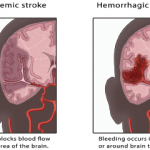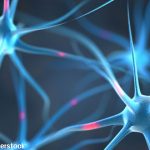The researchers found that 59% of their patients experienced neurological sequelae following stroke. Specifically, 35% had a recurrence of stroke, and 24% were diagnosed with epilepsy. These neurological sequelae had an effect on the patients’ autonomy and survival; their median time of survival was 41 months.
Lara C. Pullen, PhD, is a medical writer based in the Chicago area.
ad goes here:advert-1
ADVERTISEMENT
SCROLL TO CONTINUE
Reference
- Couture P, Chazal T, Rosso C, et al. Cerebrovascular events in Takayasu arteritis: A multicenter case-controlled study. J Neurol. 2018 Feb 1. doi: 10.1007/s00415-018-8744-8. [Epub ahead of print]


